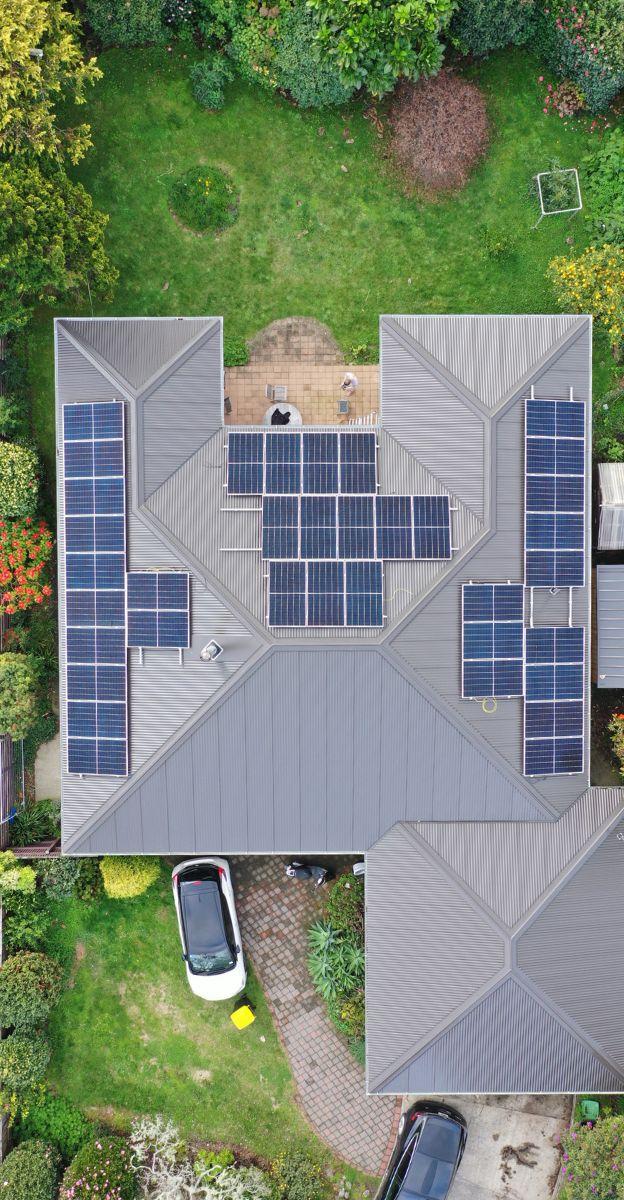
Where career and personal passion collide.
Most residential solar power systems generate between 3 to 6 kW, but by the time Matthew Codlin flicks the switch, his new home system will generate up to 15 kW. By his calculation this capacity will meet his household’s winter and summer energy needs. “Over winter, our goal is to not draw on the grid and in summer sell back so we’ll be self-sufficient” explains Matthew.
It’s a significant personal project, with Matthew carrying out considerable research on customised home solar powered systems and equipment before developing the electrical design. He procured all the equipment and installed a large share of it himself. “It's a pretty big project. I even had to build a shed to house the batteries, electrical equipment, and switchboard” he explains.
As a Project Manager and Commissioning Engineer Matthew enjoyed learning about the technical and engineering aspects of this project and applied his work experience to the project “I knew how important it was to have the electrician involved in the project right from the start. I did all of the design work and showed him everything so the sign off at the end would go smoothly.”
“I’ve even upcycled some equipment that I re-purposed for my home system. That meant reduced waste as well.”
“We’ve installed our solar system to be self-sufficient and reduce our impact on the environment and bought an electric car recently. It’s really exciting to charge it from our own solar energy, and I’m even contributing towards Edison’s Net Carbon Zero targets when I travel for work. The overall cost savings are important to me as well – I’m looking at roughly $4,000 a year in total savings.”
Matthew’s environmental values and personal concerns about climate change play a significant part in his goal to power his home from solar energy. “My wife is from Kiribati, and we were married there in 2019. Kiribati is on the frontline of global warming, and we think about it all the time. Most of her family live only three metres above sea level so this is very personal for us.
Matthew’s solar power system was commissioned in October and is easily providing all the energy for his current household needs – even on cloudy days. As an electrical engineer with his eye on the data he is already looking for opportunities to improve performance.
“The current batteries are OK, but I think modern Lithium Ion batteries would be far more usable and might allow us to go off grid for most of the year in the long term.”